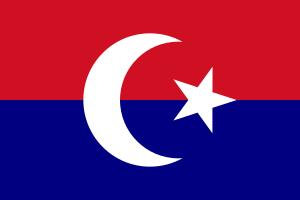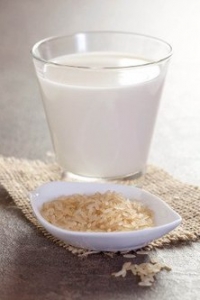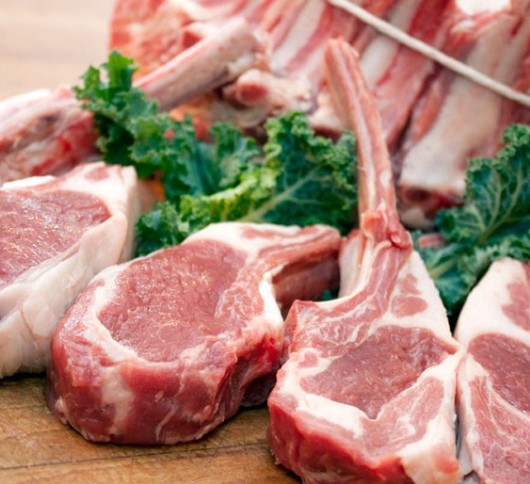Euromonitor expert found trading "anomalies" in the CIS countries

The export of goods from the EU countries to Russia in the period March-November 2022, that is, after the start of the special operation in Ukraine, fell by 47% compared to the same period in 2021 (to € 36.3 billion), and the export of European goods to neighboring Russia countries (namely Belarus, Armenia, Kazakhstan, Georgia, Uzbekistan and Kyrgyzstan) grew by 48% over the same period (to €20.3 billion). Such data, with reference to Eurostat, is cited in a study by Vaidotas Zemlis-Balevichius, head of the data analysis department at Euromonitor International (RBC verified these data against the Eurostat database).
Including exports from the European Union of goods that fell under European restrictions on the supply to Russia, to neighboring six countries increased by 95% (almost doubled), while their deliveries to Russia were expected to decrease by 71%, the author claims. Thus, according to his calculations, the total export from the EU of sanctioned goods to Belarus, Armenia, Georgia, Kazakhstan, Uzbekistan and Kyrgyzstan in November 2022 was close to €1.5 billion, and a year earlier the monthly volume was only about €500 million.
Zemlis-Balevichius suggests that a significant part of the increased exports to Russia's neighbors is being diverted to Russia. This hypothesis agrees with the conclusions that have already been voiced in the American study, which RBC wrote about: according to analysts from the non-governmental organization Silverado, a number of countries (including Turkey and some CIS countries) have become "transshipment points" for the import of household appliances and electronics to Russia.
Trade and the sanctions regime
“This analysis shows that the sanctions are not working as expected,” the expert said. “Practically all EU countries” have a problem with the control of European goods that end up in Russia through third countries, he estimates.
Read pionerprodukt .by Learn to doubt: how uncertainty helps make decisions Elon Musk: “The future cannot be just a series of insignificant events” Fight for purity: what the West is going to replace oiland gas from Russia Why India's shadow economy is being legalized - The EconomistAll EU countries, except for two (Sweden and Malta), increased exports to Russia's neighboring countries, and most of all - Cyprus, Luxembourg, Estonia, Lithuania, Romania (by 100-350%). The export of goods subject to EU sanctions against Russia increased by 3–5.5 times, such states as Cyprus, Greece, Estonia, and the Czech Republic, follows from the Eurostat data collected by the author.
He stipulates that data on the supply of sanctioned goods do not take into account the fact that export sanctions were imposed by the European Union at different times, they usually provide for transitional periods during which supplies are possible under existing contracts; in a number of cases, the EU has introduced quotas within which the supply of certain goods to Russia is allowed, and exceptions for the continuation of supplies, for example, for civil, medical or humanitarian purposes; also, any EU country may, as an exception, issue a permit for the supply of sanctioned goods to Russia. In addition, it is difficult to include dual-use goods in the analysis, since they are subject to a different nomenclature than the standard trade nomenclature (analogous to the Russian TN VED),
Due to many of these factors, the export of sanctioned goods from the EU to Russia is far from zero, and this should be considered the norm (about €700 million per month; in 2021 it reached €2.7–2.8 billion per month). Thus, this analysis is generally not applicable to identify any violations of the sanctions regime.
"Sanction anomalies"
However, Zemlis-Balevičius points out that he has identified more than 100 potential “sanction anomalies,” which he defines as exports worth more than €10 million, at least doubling compared to the March-November 2021 period. Among the most notable "anomalies":
deliveries of used passenger cars with certain engine parameters from Lithuania to Belarus (up 215% to €174 million); shipments of smartphones from the Czech Republic to Kazakhstan (growth from zero in 2021 to €164 million); exports from Poland to Kazakhstan of certain turbojet engines (up 219% to €140 million); export of aviation kerosene from Greece to Georgia (almost from zero to €75.5 million); export from the Czech Republic to Kazakhstan of laptops (growth by 280%, up to €67 million).In the first half of 2022, Kazakhstan sharply increased the export of smartphones to Russia, Kazakh media reported in August. In quantitative terms, the export of smartphones increased by almost 328 times - from 560 units in the first half of 2021 to 183.6 thousand units in the first half of 2022, followed from the data of the Bureau of National Statistics of Kazakhstan. Smartphones manufactured by Apple or Samsung continue to be shipped to Russia by third-party companies - first they are imported from Asia (sometimes through Europe or Hong Kong) to countries such as Armenia or Kazakhstan, and from there they can be shipped to Russia, wrote the American center Silverado.
The EU sanctions regime as a whole does not involve the application of so-called secondary sanctions. However, in October, for the first time, the European authorities added a criterion that allows the imposition of sanctions against persons from third countries that help Russians bypass restrictions (including receiving goods from the EU that are prohibited from being delivered).
The disadvantage of re-export
Data on the redistribution of trade flows between the European Union, Russia and its neighboring countries suggests that the six CIS states could partly become a platform for the re-export of European goods that are subject to sanctions, Alexei Portansky, a leading researcher at the Foreign Economic Policy Sector of the IMEMO RAS, believes. “To what extent this substitution will occur, time will tell. Redirecting trade flows from one country to another is not an easy task,” he points out.
According to the expert, it is unlikely that re-exports will be able to cover 100% of the falling deliveries. This can be hindered by both the prohibitions of European countries and the internal restrictions of the intermediary countries. For example, restrictions on the sale of cars to Russians were introduced by Kazakhstan, dealerships began to refuse to sell cars with a Russian passport (this was reported by the media).
Portansky recalled that four of the six countries allegedly involved in re-exports are members of the Eurasian Economic Union (EAEU) and pay zero customs duties for imports to Russia. However, the end Russian buyer of imported goods that arrived through these countries has to overpay for two transportation shoulders, the expert emphasizes.
The fact that deliveries of goods that do not stay there have increased to countries neighboring Russia is also demonstrated by the statistics of the balance of payments of these countries (the volume of exports and imports grew synchronously this year), says Sofya Donets, chief economist at Renaissance Capital for Russia and the CIS. .
“But the CIS countries do not violate the sanctions regime, and the risks of secondary sanctions are limited. There are processes focused on reconfiguring logistics and business relations,” she says. Often, Russian entrepreneurs relocate business and do business from outside the sanctioned country, she added.
Look atNew series "Territories" already on PREMIERATwhose hands will Pam's power be this time?Will Shura be able to return Murzin to the world of the living?Will Yegor and Tanya be together?And what really connects Nikolai and Nadia?Look at PREMIERLook at PREMIERLook at PREMIERPREMIERPREMIER




















































